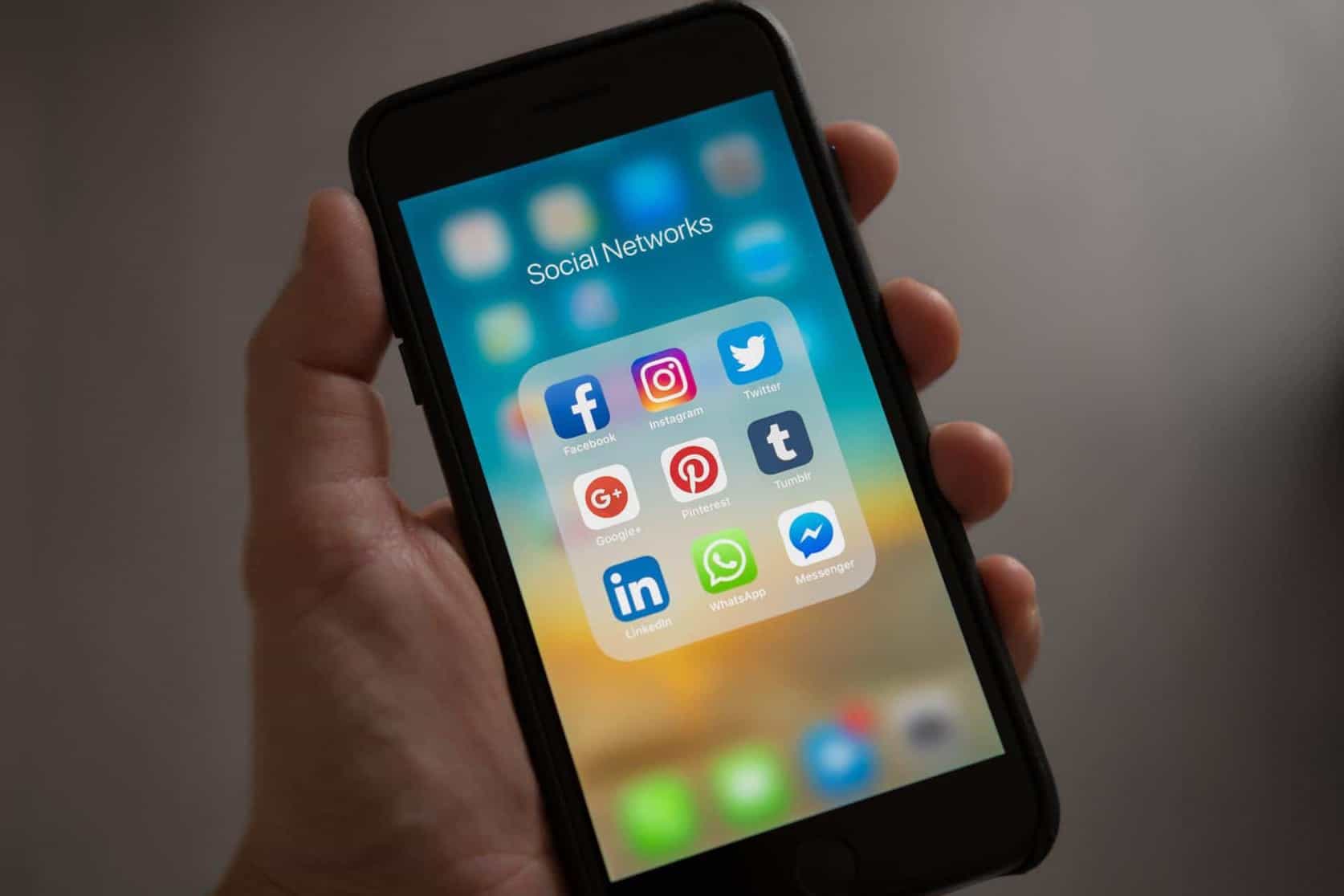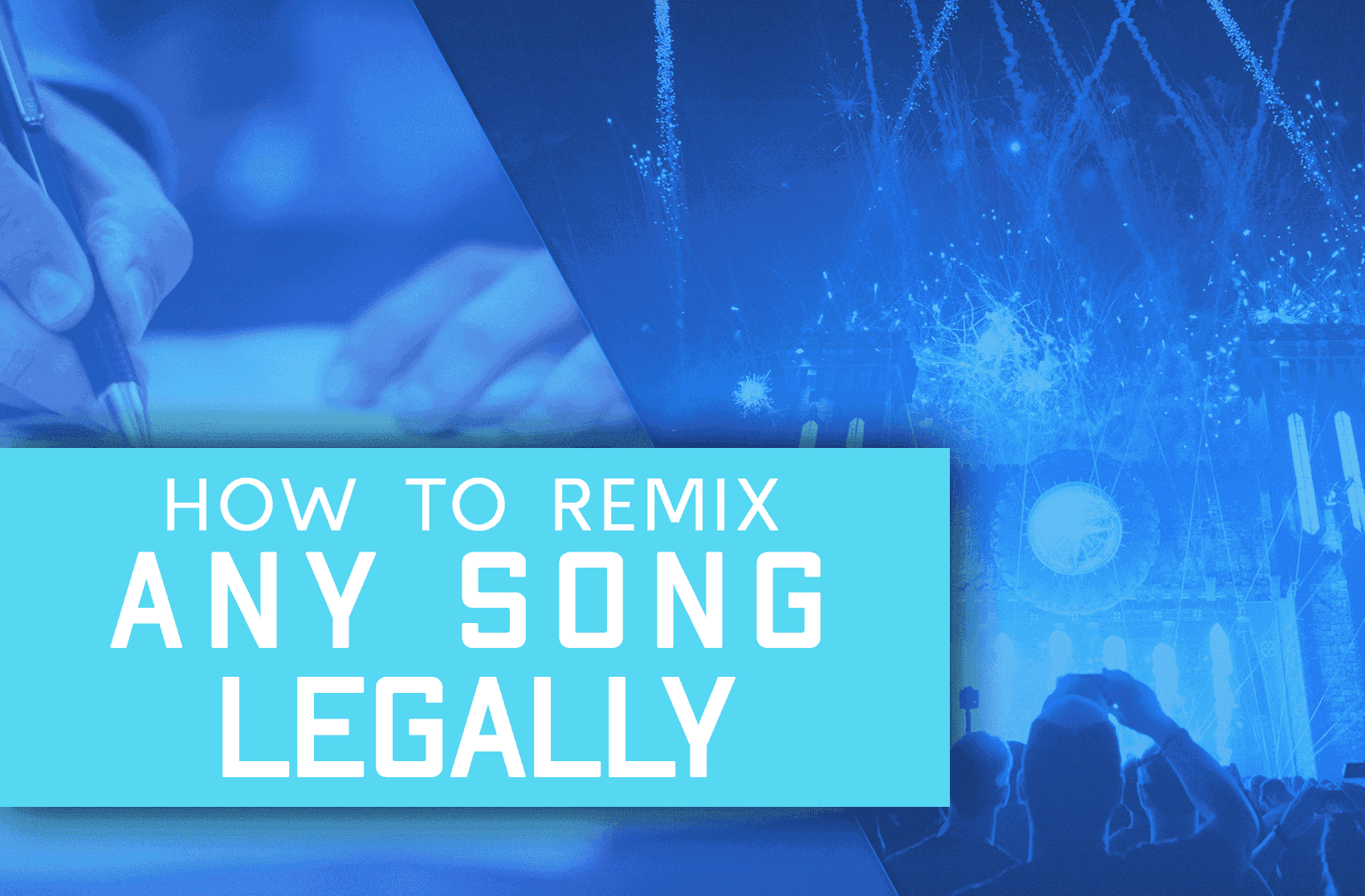Remixing songs can be super enjoyable. However, if you accidentally don’t follow the rules, you might get yourself into trouble.
To remix a song legally, you’d need to contact and get permission from the song’s writer(s), publisher(s) and the owner(s) of the sound recording. Then, if they choose to make it an official remix, you’d need to sign a license agreement that details how you’ll split the royalties. Usually, you’ll get 50% of the artist’s royalties made from the master.
When Are Permissions Needed
You’d need to get permissions from the song owners for remixes that you’d want to make commercial use of.
Commercial use means any use that involves publicly sharing the remix, or making money out of it.
Therefore, if you’re not planning on sharing this remix with any streaming platform, play it in a public place, or make any money out of it, you don’t have to get permission.
However, if you plan on doing either of the above, you should indeed get permission first, or you’ll probably get sued for copyright infringement.
Permissions Needed To Publish/Play A Remix Publicly
So, you’ve decided that you want to make commercial use out of your remix, as you should!
But, what should you do to do so without getting sued?
Legally, you’d need to get permission from the songwriting, and master copyright owners.
Notice that these copyrights are separate, so you’ll need to get permission from two independent owners.
Who are the owners of them?
Usually, the songwriting royalties owners would be the writer(s) of the song, and the owners of the master royalties would be the publishing company and the performer.
However, it’s best if you ask the publishing company/artist who the owners are since the owners may vary.
Or, you can ask them to get permission from the other owners of the song for you.
How To Get Permissions More Efficiently
If you struggle with getting permission to remix songs, here’s a list of things you can do that can help you –
1. Improve your Email/DM writing skills
Lots of times, people struggle with getting permission to remix a song since they don’t request it properly.
Therefore, it’s important to know how to write great persuasive emails/DMs that get the other person to want you to remix the song.
Do this when writing to an artist
First of all, it’s important to understand that even though it’s nice to show that you like the artist’s work, it’s also crucial not to exaggerate.
Since if you do, he might find you as unprofessional and decline your request.
You should know that no matter how popular or successful this artist(s) is, he is still human.
Therefore, you shouldn’t treat him as superior. Most people don’t like that.
Also, it’s better if you call them by their real first name that way, it’s more personal.
I’ve found that an Email/DM such as this works best –
“Hey [the artist’s first name],
First, I would like to say that I love your work!
I’m an experienced music producer, and I would really like to make a remix to your song “[the song’s name]”.
I have a vision for it that I think you’d truly like, and that would work very well once it gets published.
Please feel free to listen to my other releases so you can get to know my style and my vision for this remix.
[Links to your best, most related releases]
I would be glad to hear your opinion about that and get your permission, so I can work legally, and split the royalties accordingly.
Thanks in advance,
[Your Name]”
Do this when writing to a publishing company
When writing to a publishing company, the most important thing to do is to be formal.
It doesn’t necessarily mean that you have to sound sophisticated and use nothing but big words.
However, it’s really recommended to stay away from slang.
I’ve found that an Email such as this works best –
Hey,
I’m an experienced music producer, and I’m interested in making an official remix to the song [“the song’s name”] of [“the artist’s name”].
I have a vision for a remix of this song that I think would work really well once it gets published.
Please feel free to listen to my other releases so you can get to know my style and my vision for this remix.
[Links to your best, most related releases]
I would be glad to hear your opinion about that and get your permission, so I can work legally, and split the royalties accordingly.
Thanks in advance,
[Your Name]”
2. Invest More In Social Media And Streaming Platforms

Most artists would want someone to remix their songs. But, they would like someone that they know who is talented and well known to do so.
Therefore, if you continuously get rejected when offering to remix songs, it’s probably a sign that you should put more effort into building a larger fanbase, and awareness around you.
As you enlarge your fanbase and get more popular, it will be easier to talk to artists and publishing companies.
Sometimes, they might even contact you and ask you to remix their new song.
3. Try approaching to less known artists
If you continuously get rejected by popular artists or large labels, consider starting from remixing less known artists.
If you do, you’ll gain more experience and popularity, and you’ll have a better resume to present to well-known artists the next time you approach them.
Moreover, if the artist goes popular in the future, it’ll be easier for you to work with him since he already knows you.
Can I Play The Remix In Clubs
Playing your remixes in clubs would be just fine as long as you had permission to remix the song.
If you play it without permission, you probably still won’t get sued, since the club should bear all the legal responsibility.
However, they probably wouldn’t be happy to invite a DJ that got them sued.
Moreover, it might remarkably hurt your reputation.
So, it would probably be better to wait until you get permission.
Can I Put The Remix On Youtube/Soundcloud
Just like clubs, putting your remix on Youtube and Soundcloud would be just fine as long as you have permission to do so.
You would just have to mention the copyright owners in the song’s description and split the revenue with the owners appropriately.
If you upload it without permission, you won’t get sued, since Youtube/Soundcloud bear all the legal responsibility.
However, the remix will probably get taken down, and you’ll have to transfer every dime you’ve made from it to the copyright owners.
Are Remixes Copyrighted Protected
As long as a remix was made legally, and the producers of it don’t want it to be royalty-free, it will be copyright protected. However, the remixer is usually paid upfront, and doesn’t get any royalties, unless agreed otherwise.





![Royalties Beat makers Get – Explained Simply [With Infographics!]](https://wealthysound.com/wp-content/uploads/2020/10/Royalties-Music-Producers-Beatmakers-Can-Get-Explained-Simply-1-768x504.png)
